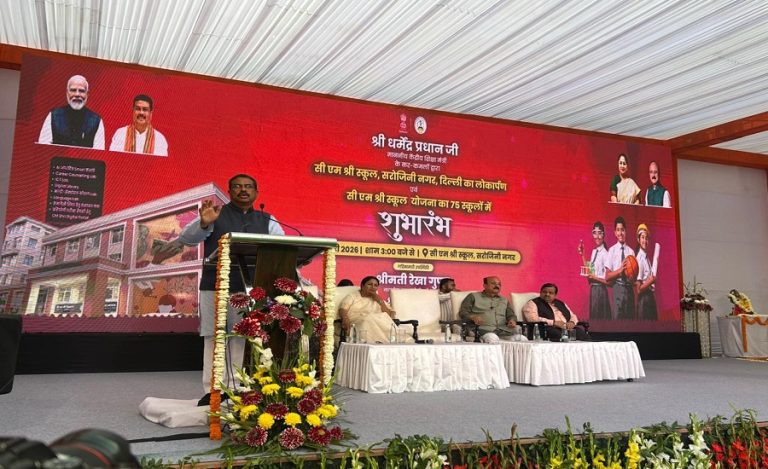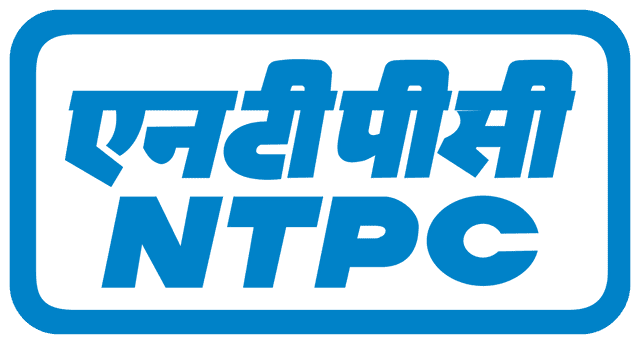New Delhi: In a major development in the ongoing Gensol financial controversy, Power Finance Corporation (PFC) has officially classified its loan to Gensol Engineering Ltd as fraud and made a 100% provision against the ₹263 crore still outstanding from the crisis-hit electric vehicle (EV) leasing firm.
PFC Chairperson and Managing Director Parminder Chopra, speaking at a post-earnings media briefing on Wednesday, confirmed that a preliminary internal inquiry has revealed serious irregularities in the delivery of EVs, which were financed by PFC under a ₹352 crore loan agreement.
“Based on the preliminary inquiry, we have considered it as fraud and provided for 100 percent because there are no overdues in the case of PFC,” Chopra stated, adding that a full investigation report is expected within a couple of days.
Read Also: Result: PFC Q4 Net Profit Rises 10.6% to Rs 8,358 Crore; Final Dividend of Rs 2.05 Declared
EV Financing Gone Awry
PFC had disbursed ₹352 crore to Gensol in three tranches to finance the procurement of 3,000 electric vehicles. While the first two tranches covering 2,000 EVs were delivered, the final batch fell short.
According to Chopra, only 741 vehicles were delivered from the third tranche, while 259 remain undelivered, despite full payment already made to the dealer, Go-Auto.
“The advance has gone to the dealer, but the dealer has not supplied the cars,” Chopra said. She pointed to delays allegedly linked to the discontinuation of the FAME scheme and pricing disputes.
Partial Recovery, More Action Pending
PFC has since invoked bank guarantees and successfully recovered ₹44 crore, covering part of the funds disbursed for undelivered EVs. Chopra noted that the company holds additional securities, including personal and corporate guarantees, which it plans to enforce.
The company has also been closely monitoring the Trust and Retention Account (TRA) set up for this financing to ensure fund traceability. However, Chopra admitted that once the money left PFC’s hands for vehicle procurement, its further usage became difficult to track.
Wider Fallout and SEBI Scrutiny
This comes on the heels of SEBI findings that uncovered potential fund diversion and round-tripping. The market regulator has reportedly found that money transferred by Gensol to Go-Auto for EV purchases was in some instances routed back to Gensol or to entities linked to promoters, including Anmol Singh Jaggi. Both Anmol and Puneet Singh Jaggi, who also promoted BluSmart, have been barred by SEBI from holding directorships in listed entities.
DRT and NCLT Proceedings in Motion
Meanwhile, the Indian Renewable Energy Development Agency (IREDA), another major lender to Gensol, has already filed proceedings before both the Debt Recovery Tribunal (DRT) and the National Company Law Tribunal (NCLT) to recover ₹728.95 crore from Gensol Engineering and Gensol EV Lease Pvt Ltd.
On whether PFC would also explore legal recovery through NCLT or DRT, Chopra said, “If recovery through other means falls short, we may consider joining IBC. We’re also keeping the DRT route open. Ultimately, we’re evaluating all available recovery mechanisms.”
Broader Implications
The Gensol case has raised broader concerns about transparency, accountability, and governance in the EV financing ecosystem, especially when public funds are involved. It has also underscored the need for more robust due diligence and post-disbursement tracking mechanisms in clean energy lending.
As investigations deepen and more regulatory action looms, this case could become a defining moment for financial oversight in India’s green mobility transition.




























